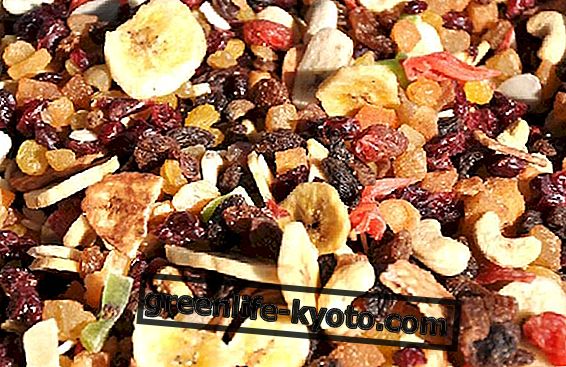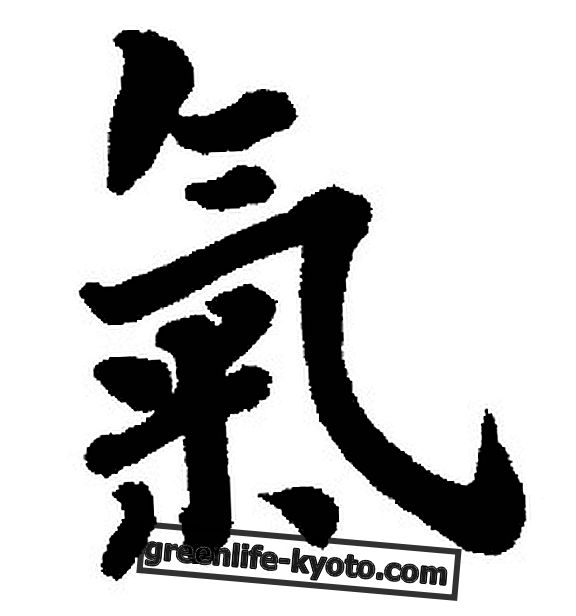
The period of pregnancy and breastfeeding is a special moment in a woman's life and to protect herself and her child, she must be very careful about what she takes to avoid danger.
In fact many drugs and many plants have active ingredients that pass from the mother's body to the child through the placenta and can thus disturb development or cause problems for the unborn child due to its small size.
Even during breastfeeding, the substances taken by the mother, even if natural, can pass into the milk, therefore care must also be taken at this particular time, avoiding potentially harmful plants and herbs.
Harmful herbs in pregnancy
The most risky moment is always the first trimester of pregnancy where it is advisable to avoid any remedy, both pharmaceutical and natural in order not to interfere in any way with the development of the fetus, since the risk is the influence of substances that can lead to malformations or damage the physiological functions of the unborn child .
After the first trimester, if disorders arise, such as insomnia, it is good to use herbs for short periods and always under medical supervision .
For the ailments typical of pregnancy, such as constipation, some natural remedy can therefore be helpful. In the case of constipation, for example, caused by the child growing in the belly by compressing the mother's intestine and making it more difficult to empty the stools, natural remedies such as laxatives and purgatives are usually used, but in pregnancy they are considered dangerous because they can cause contractions and spasms that could lead to an abortion or an anticipation of birth.
Among the herbs to be avoided there are frangula, rhubarb, senna, cascara and aloe which contain anthraquinones.
Aloe in particular contains aloin, an active ingredient with a laxative purgative action, although it can be used in the form of aloe vera gel preparations where this substance is removed.
Other plants to be avoided are the devil's claw , hypericum, willow, ginko, ginseng, fucus, feverfew and the uncaria : some of these cause a stimulation of uterine contractions, while others are blood thinners or serve for weight loss, not recommended because the mother must gain weight.
Many plants containing essential oils, such as mint, bitter orange and fennel, are to be excluded because they are too concentrated: there is in fact the risk of triggering allergies or activating their predisposition in the growth of the child.
Even common foods and plants such as sage, garlic, artichoke and licorice are to be avoided or controlled for use in pregnancy.
Pregnancy: let's debunk some myths!
Breastfeeding and plants to avoid
During lactation some natural remedies can pass into the milk, sometimes only changing the taste, sometimes bringing with them active ingredients and substances that are not suitable for the newborn.
During lactation, antigalactogenic plants such as sage and artichoke should be avoided, which means slowing down the production of breast milk; they could instead come to the aid at the end of breastfeeding to stop lactation.
Galactogenic herbs such as fennel are also used as remedies to help lactation, but it must be used only as an herbal tea because it contains essential oils and substances that in other formats are found in high concentration and, as mentioned above, can disturb both pregnancy and feeding time.
Complete list of plants to avoid during pregnancy and lactation
The Ministry of Health has drawn up a list of plants and herbs that should be avoided during pregnancy and lactation. These plants have been found to have harmful, dangerous or just not advisable effects during pregnancy and breastfeeding.
Natural remedies are useful and excellent allies against common ailments during pregnancy and lactation but must be well selected . Taking a look at this list of the Ministry and relying on experts in the herbal sector for any natural remedies during these particular moments of life is certainly an excellent piece of advice to be applied for the safety of mothers and children.
Some natural remedies can be useful or dangerous depending on the amount taken. This is the case, for example, of licorice which has no contraindications, as long as the quantity does not exceed 300 mg a week.













